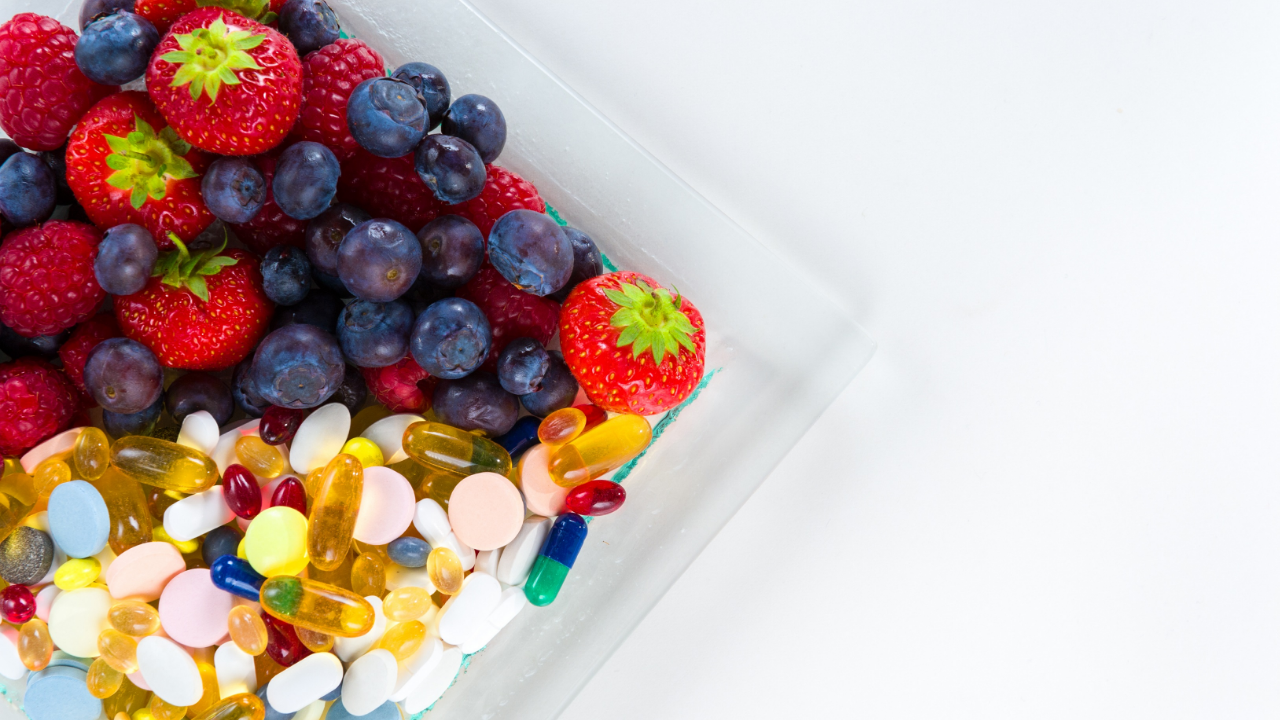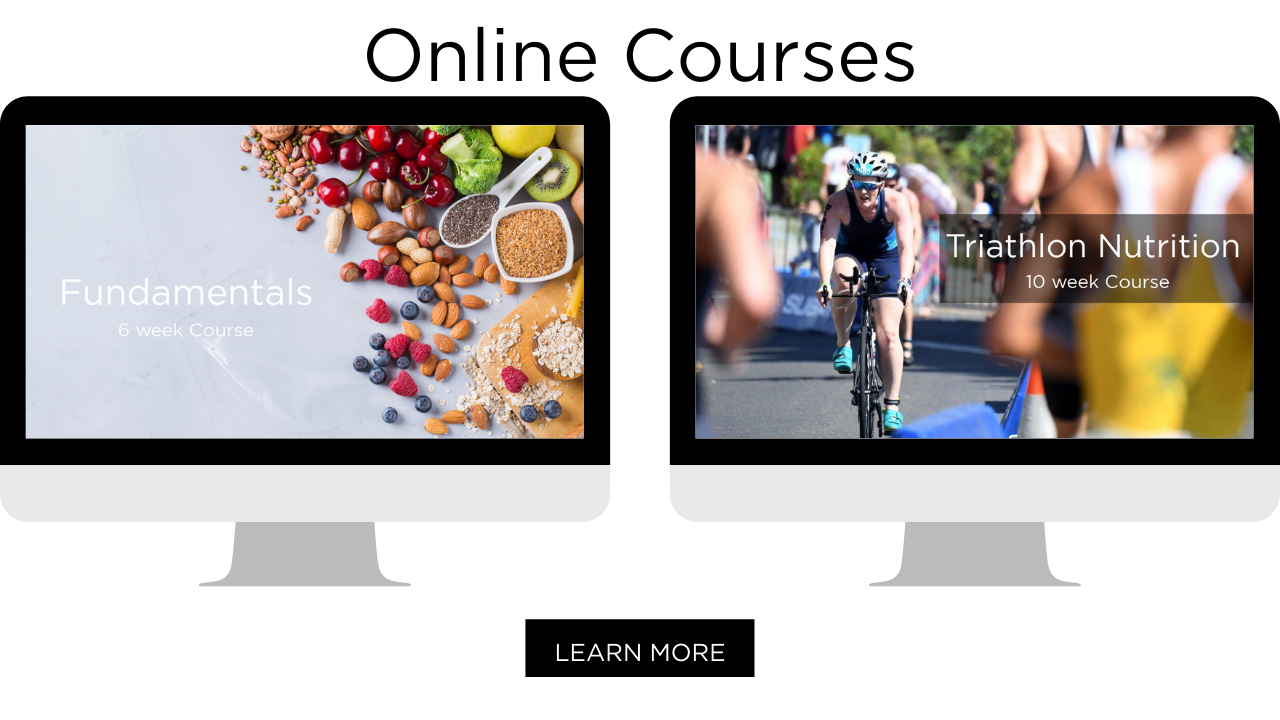Sports Supplements

Sports Supplements are everywhere! I struggle to keep up with the latest products on the market with new brands popping up every week. As many athletes search for that ‘magic bullet’, sports supplements have become a multi-billion dollar industry. In fact, a recent study found that 40-70% of athletes take supplements.
A nutrition supplement, as the name suggests, is designed to supplement the diet and should never replace it. My approach as a dietitian is always “food-first” as your day-to-day nutrition is where you will see the greatest health and performance benefits long term. Supplements are considered the sprinkles, on the icing on the cake. It’s important to get the foundations of a balanced, healthy diet in training right first (the sponge), before adding the icing and even considering the sprinkles.
Supplements typically fall into three main categories: Sports foods and fluids, Medical supplements and Performance supplements.
Sports foods and fluids
These include an extensive list of sports drinks, gels, chomps, bloks, bars, protein powders and recovery drinks. They are easily accessible, portable, convenient and provide concentrated nutrients when real food may not be practical. In most situations though, real foods can take the place of sports foods if you’re organised. Sports foods and fluids can be expensive, maybe completely unnecessary, are energy dense and can cause gastrointestinal upset in some people.
Medical supplements
Are used to treat a known deficiency such as Iron or Vitamin D for a short period of time. They can be pills, potions or powders and should only be taken when recommended by a doctor, accredited sports dietitian or other health professionals after a blood test and/or diet review. Taking un-prescribed medical supplements can be dangerous and have harmful long-term effects.
Performance supplements
Approved ergogenic aids or performance-enhancing supplements have been proven in scientific trials to provide a performance benefit when used according to a specific protocol in a specific situation in sport. Things like caffeine, creatine and bicarb form part of this list. However, there are many other popular supplements on the market promising remarkable super-human powers that don’t deliver. In some cases, these supplements may actually impair health or performance.
Stay safe
A recent study found that 80% of certain supplements didn’t contain what the label said (scary). The risk of contamination with banned substances is real and should be at the forefront of every athlete's mind. Especially now that age group drug testing is a common occurrence. The supplement industry is largely unregulated, and traces of banned substances can find themselves in products by accident. You can take responsibility by checking your product on the ASADA website. You can also look for products that have been through a contamination screening process such as Informed-Sport or Hasta in Australia.
Be smart
Be an informed supplement user. Before purchasing anything, do you research and talk to a professional. Ask yourself three questions – Is it safe? Is it legal? Does it really work? If it sounds too good to be true, chances are, it probably is. Everyone has an opinion but be mindful that what works for one, may not work for another. An Accredited Sports Dietitian can help you work out what supplements are best for you and your sport.
If you need help with your nutrition, here's how you can work with me 1 on 1.
If you're looking for a more cost-effective option, here's how you can get started NOW with one of my online courses
Tags: Brisbane Dietitian, Brisbane Sports Dietitian, Dietitian Approved, Dietitian Brisbane, nutrition for performance, performance, performance nutrition, safe supplements, sports dietitian, Sports Dietitian Brisbane, sports nutrition, sports performance, sports supplements, supplement




